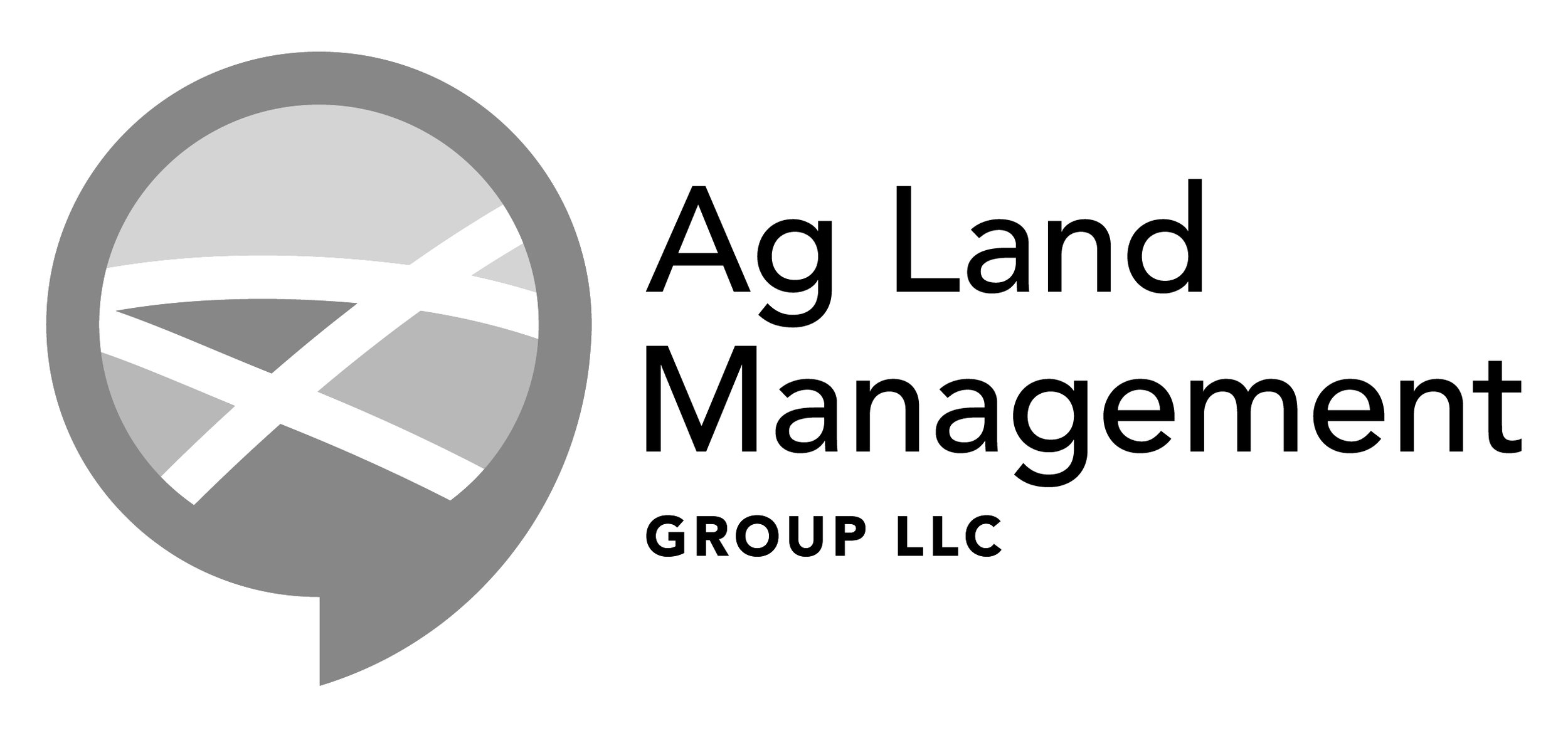‘Waters of the US’ Proposed Rule Published
The EPA and the US Army Corps of Engineers published in the Federal Register the long-awaited proposed rule for defining the jurisdiction of the Clean Water Act (CWA).
The proposed rule would bring under federal jurisdiction all tributaries, including ephemeral and intermittent waterways, of streams, lakes, ponds and impoundments, as well as wetlands that affect the chemical, physical and biological integrity of larger, navigable downstream waters.
An expansion of CWA jurisdiction would make an increased number of projects and activities subject to the CWA permitting requirements. These permitting requirements apply to discharges of pollutants as well as fill material and potentially impose discharge limitations, mitigation requirements and other limitations where they previously did not apply.
Additionally, because CWA permits are enforceable by members of the public, any person or group who can establish standing can file a lawsuit to enforce the Act. An expansion of CWA jurisdiction therefore will result in an increased risk of litigation for those who find themselves subject to the law.
The agencies also published a notice of availability of an interpretive rule, which took effect immediately. The CWA exempts “normal farming practices” from permitting requirements of the law. The interpretive rule enumerates these farming practices and specifies that 53 specific conservation practices identified by the USDA's Natural Resources Conservation Service to protect or improve water quality will not be subject to dredge-and-fill permits under the CWA’s Section 404.
According to the agencies, the proposed rule would impose no direct costs on the regulated community. The agencies' joint economic analysis of the proposed rule maintains that the benefits of implementing the proposed rule would range from $300.7 million to $397.6 million annually, while the indirect costs would be between $133.7 million and $200 million.
The greatest costs would be incurred by developers, mining companies, landowners and other permit applicants. They could be required to mitigate losses of wetlands and streams and to obtain Section 404 dredge-and-fill permits and Section 402 NPDES storm water runoff permits under the proposed rule.
Also incurring costs under the proposal would be 1) state and local governments, which would have to invest in infrastructure, and 2) state/federal agencies, which would have to process more permit applications for pesticide spraying near covered waters and for storm water discharges.
Despite requests from 15 Republican senators for a comment period extension, the agencies are giving the public until July 21, or 90 days, to comment on the proposed rule. More information on the proposed rule is available.
